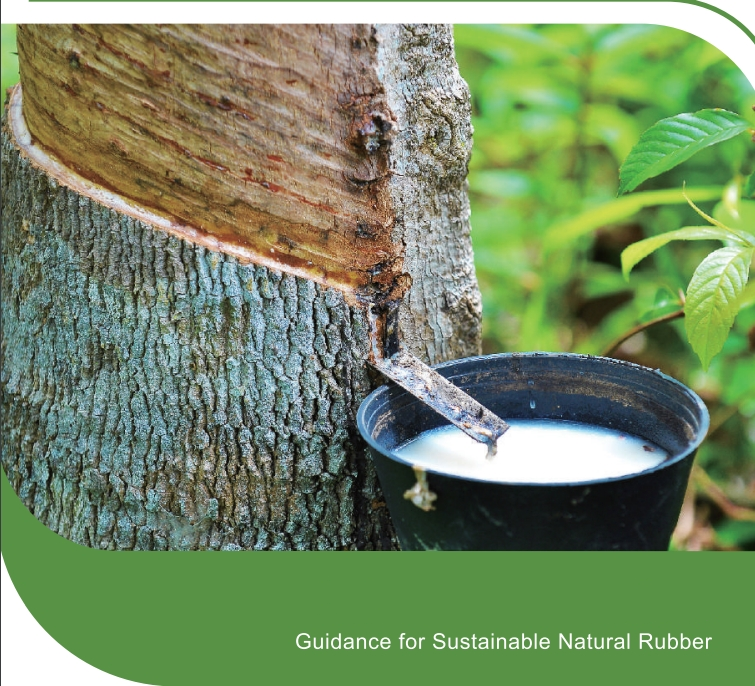
In a significant stride towards sustainability, scientists have developed a groundbreaking method for producing rubber that could revolutionize the industry. This innovative approach promises to reduce the environmental impact of rubber production while maintaining its essential properties for various applications.
Rubber is a crucial material used in numerous industries, including automotive, healthcare, and consumer goods. Traditionally, rubber is derived from natural latex extracted from rubber trees or synthesized from petroleum-based chemicals. Both methods pose environmental challenges: the former due to deforestation and habitat destruction, and the latter due to reliance on fossil fuels and associated emissions.
The new method, developed by a team of researchers at the Green Materials Institute, utilizes a biotechnological approach to create rubber from renewable resources. By engineering microorganisms to convert plant-based sugars into polyisoprene, the primary component of natural rubber, the team has opened the door to a more sustainable production process.
Dr. Emma Clark, the lead researcher, explained, “Our goal was to find a way to produce rubber that doesn’t rely on traditional rubber trees or petroleum. By harnessing the power of biotechnology, we’ve created a process that can be scaled up and integrated into existing manufacturing systems.”
The biotechnological process not only reduces the need for deforestation but also cuts down on greenhouse gas emissions associated with traditional rubber production. Moreover, the renewable nature of the plant-based feedstock ensures a more sustainable supply chain.
The new rubber has undergone extensive testing to ensure it meets industry standards for strength, elasticity, and durability. Initial results have been promising, indicating that this sustainable rubber performs comparably to its traditional counterparts.
Industry experts have lauded the innovation as a game-changer. “This development could significantly reduce the environmental footprint of the rubber industry,” said John Mitchell, an analyst with EcoMaterials. “It aligns perfectly with the growing demand for sustainable materials across all sectors.”
As the world grapples with climate change and resource depletion, such innovations are crucial for a more sustainable future. The Green Materials Institute plans to collaborate with major rubber manufacturers to bring this new technology to market within the next few years.
This breakthrough marks a pivotal moment in the quest for sustainable materials, offering hope that industries can transition to more environmentally friendly practices without sacrificing quality or performance.
Post time: Jul-13-2024





